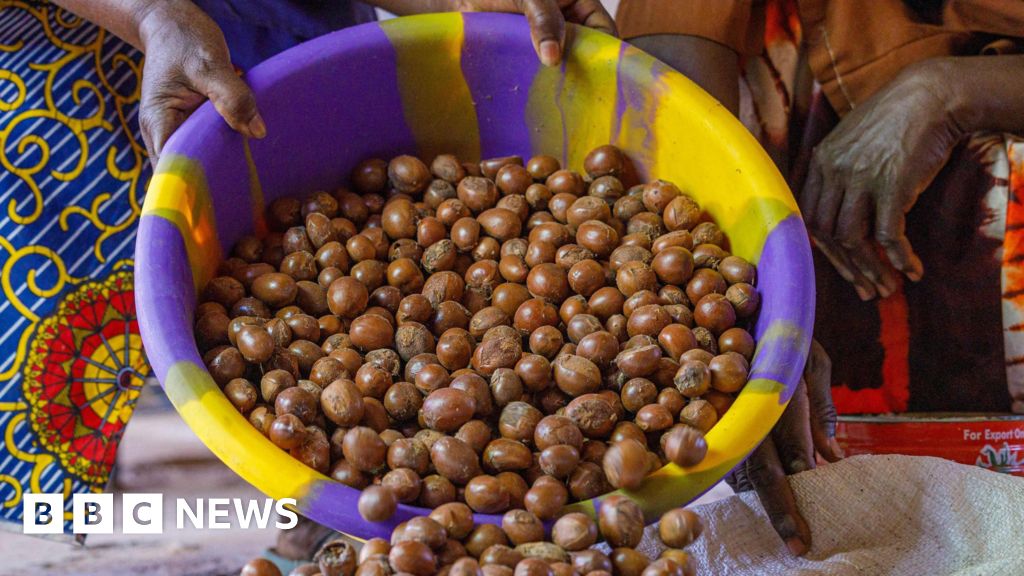An investigation by BBC Eye has disclosed troubling practices by Aveo Pharmaceuticals, an Indian pharmaceutical company, revealing its illegal exportation of highly addictive opioids to West Africa, which has triggered a severe public health crisis in nations like Ghana, Nigeria, and Cote D'Ivoire. The company, headquartered in Mumbai, produces unlicensed pills packaged under various brand names that contain a combination of tapentadol— a potent opioid— and carisoprodol, a muscle relaxant banned in Europe due to its addictive properties.
These drugs are not only illegal everywhere, but they are also driving an increase in the use of such opioids as street drugs throughout West Africa due to their low cost and availability. The Ghanaian, Nigerian, and Ivoirian markets are flooded with packets of Aveo-branded products, as uncovered by the BBC's investigation. An undercover operation into Aveo's factory revealed shocking insights into the company's practices. In secret footage, a director of Aveo, Vinod Sharma, showed a willingness to engage in dangerous drug trade discussions, even acknowledging that the pills can induce euphoria.
In northern Ghana, local leaders have initiated task forces to combat this opioid epidemic, leading raids on suspected drug dealers. Reports suggest these products have severely impacted communities, with local residents describing their destructive effects. "The drugs consume the sanity of those who abuse them," remarked Alhassan Maham, a local chief who organized a task force to reclaim the streets from drug dealers.
Evidence of Aveo's products has also been found in Nigeria and Cote D'Ivoire, where young people and teenagers reportedly mix them with energy drinks to enhance the high. Public data has indicated that Aveo Pharmaceuticals and its affiliated company Westfin International export millions of these tablets toWest Africa, with Nigeria becoming the primary market where millions are estimated to be grappling with opioid addictions.
Nigerian authorities have previously attempted to control the situation by imposing bans on tramadol, an opioid painkiller that led many users to seek substitutes such as Aveo's products. Since then, authorities have recognized a pattern of drug manufacturers adapting to regulatory actions by introducing stronger opioids, such as the cocktail of tapentadol and carisoprodol— neither of which is legally permitted for use in Ghana.
Despite assurances from the Indian government's regulatory body regarding strict monitoring of pharmaceutical exports, allegations against Aveo suggest a breach of both Indian laws and international health regulations. As local communities in West Africa continue their efforts to eradicate these dangerous drugs, the production and exportation remains unabated, raising alarm over the long-term impacts on health and society in the region.
The struggle against these opioid products extends beyond arrests and community efforts, as the root of the crisis in India continues to thrive, with drug manufacturers like Aveo profiting from the dire circumstances and health tragedies inflicted on vulnerable populations.






















